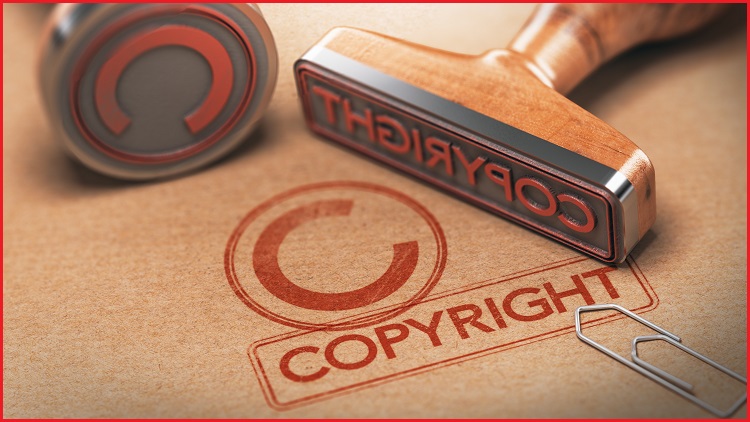ACS has called on the government to “go back to the drawing board” with its attempts to update existing copyright laws so they are more suitable to digital technology.
In its response to a discussion paper about the Exposure Draft Copyright Amendment (Access Reform) Bill 2021, ACS said the government’s approach to copyright law fails to keep up with technology.
“The proposed rules being discussed in this paper are generally solving problems more than a decade old but leave little leeway for interpretation with respect to new technologies,” ACS said in its submission to the discussion paper.
“If we look at the proposed rules, for example, there seems little consideration given for software development, for web archival and transmission, for data mining and AI, for social media use or for copyleft licenses.”
The government’s proposed reforms focus on five key areas including the use of orphan works (copyright material for which the owner can’t be found), a new fair use exemption for academic quotations, exemptions for digital libraries, archives, and online educational environments, as well as updates to the government’s statutory licensing scheme.
ACS’s main criticism is that these reforms, which claim to be about adapting to the use of digital technology, fail to adequately address copyright concerns that affect technological development.
“Very little consideration seems to have been given to how these changes interact with software development and web archival,” ACS said.
“The changes still lack any text/data mining exception, which is critical for many new technologies, particularly AI and data analysis.”
The organisation also called for clarity with how orphan works exemptions would interact with freely distributed copyleft licenses, like the GNU Public Licence, and open source software development in general.
“We believe there should be provisions in the bill for such licenses to remain in place, even in instances where the original author is unknown or uncontactable,” ACS said.








